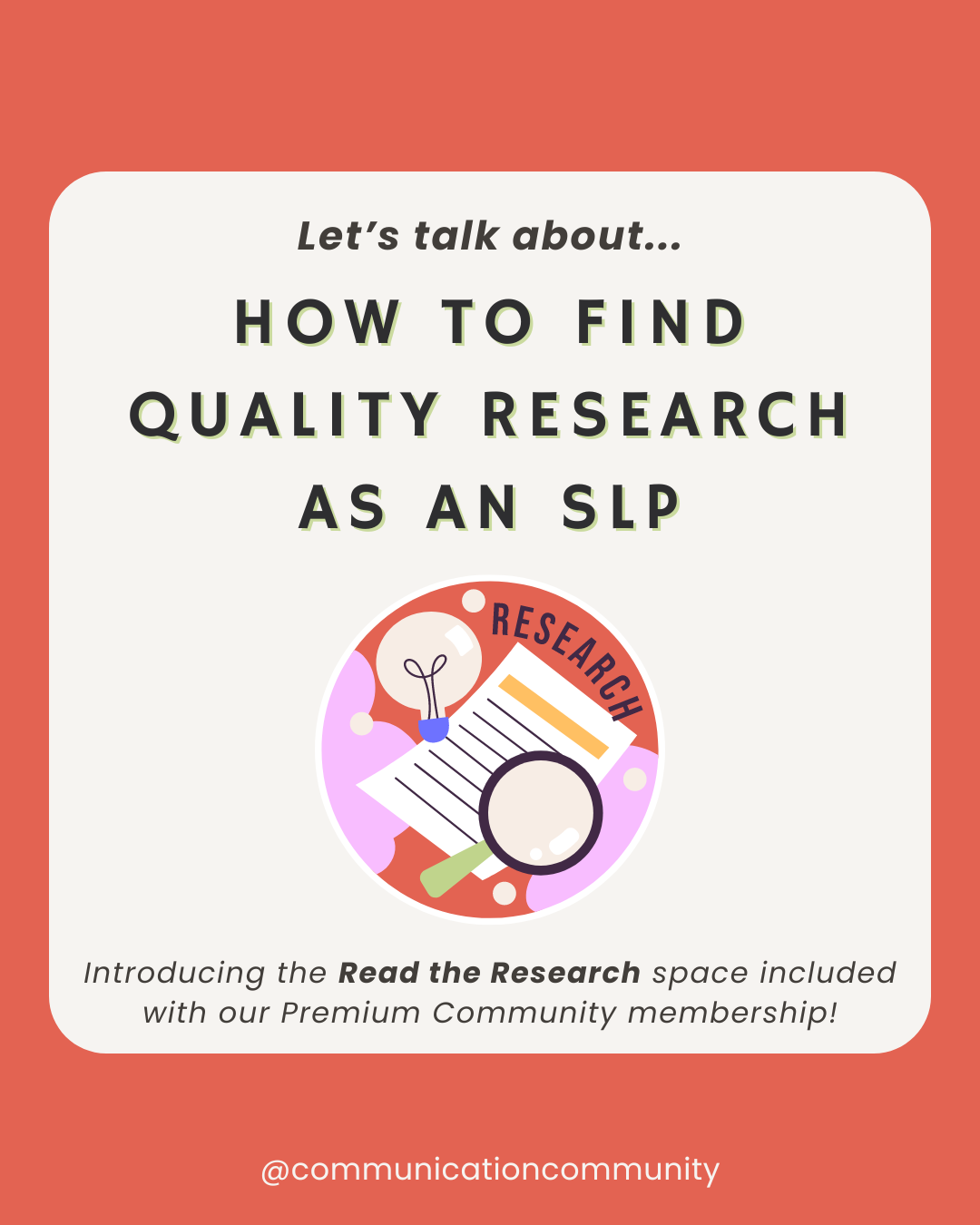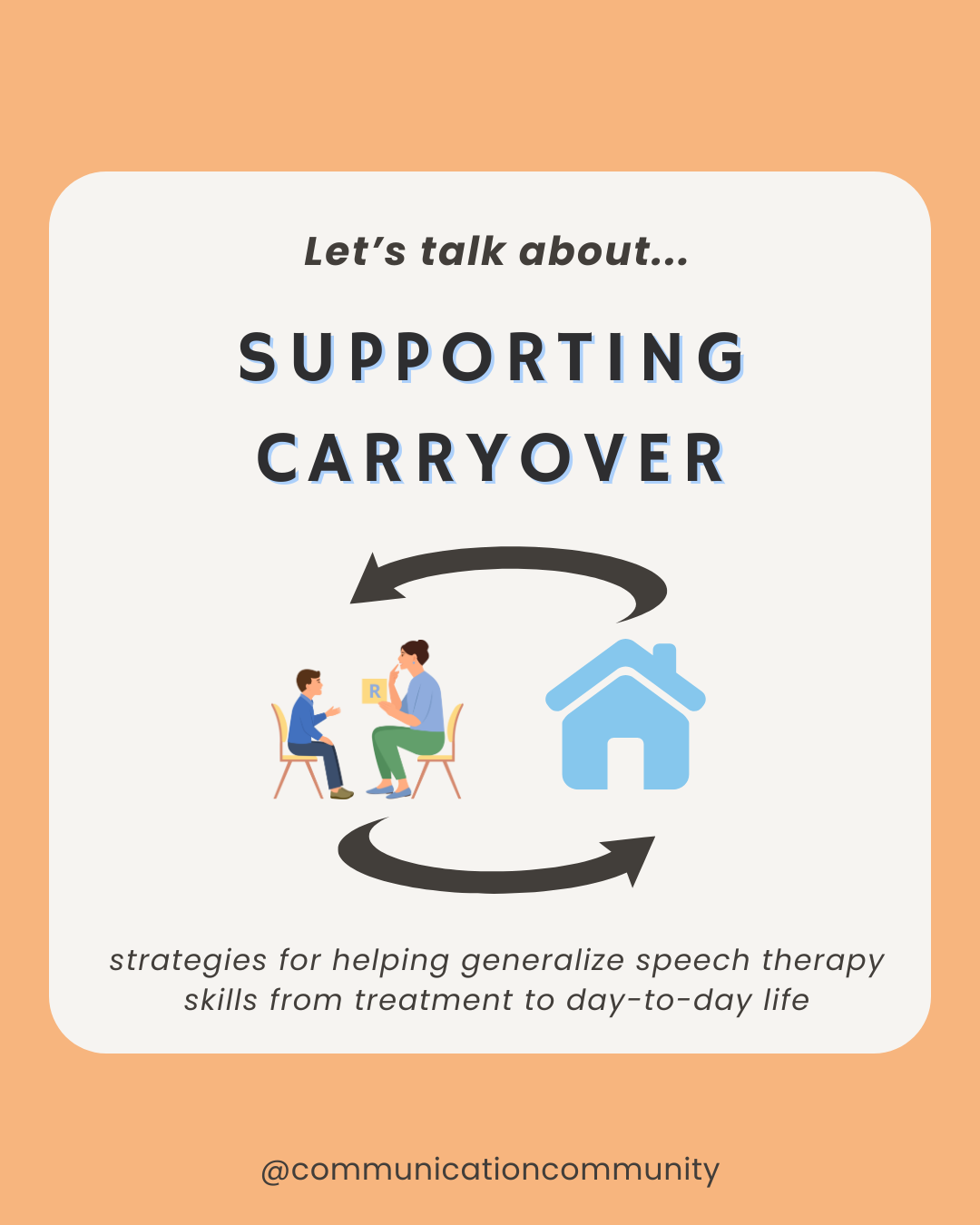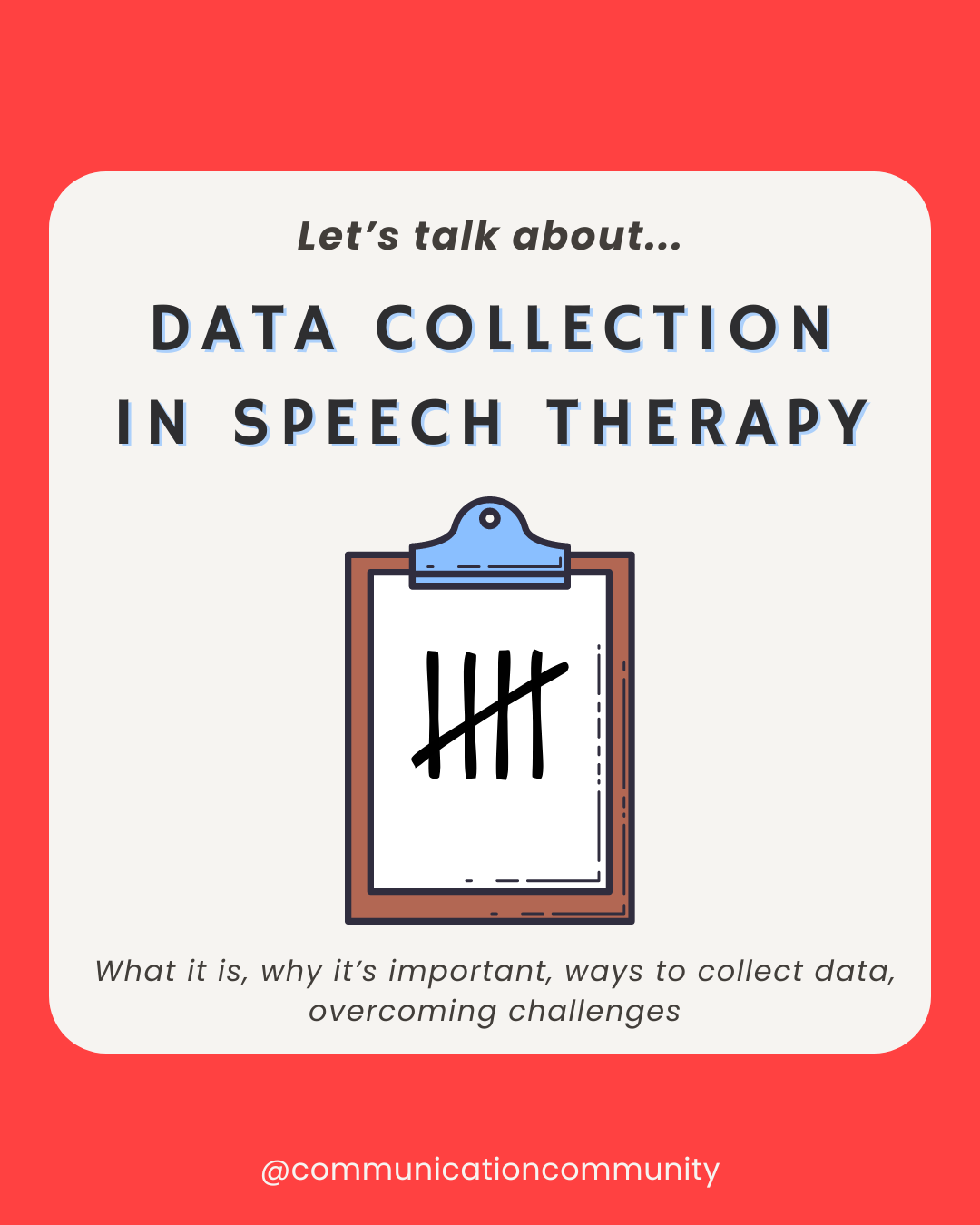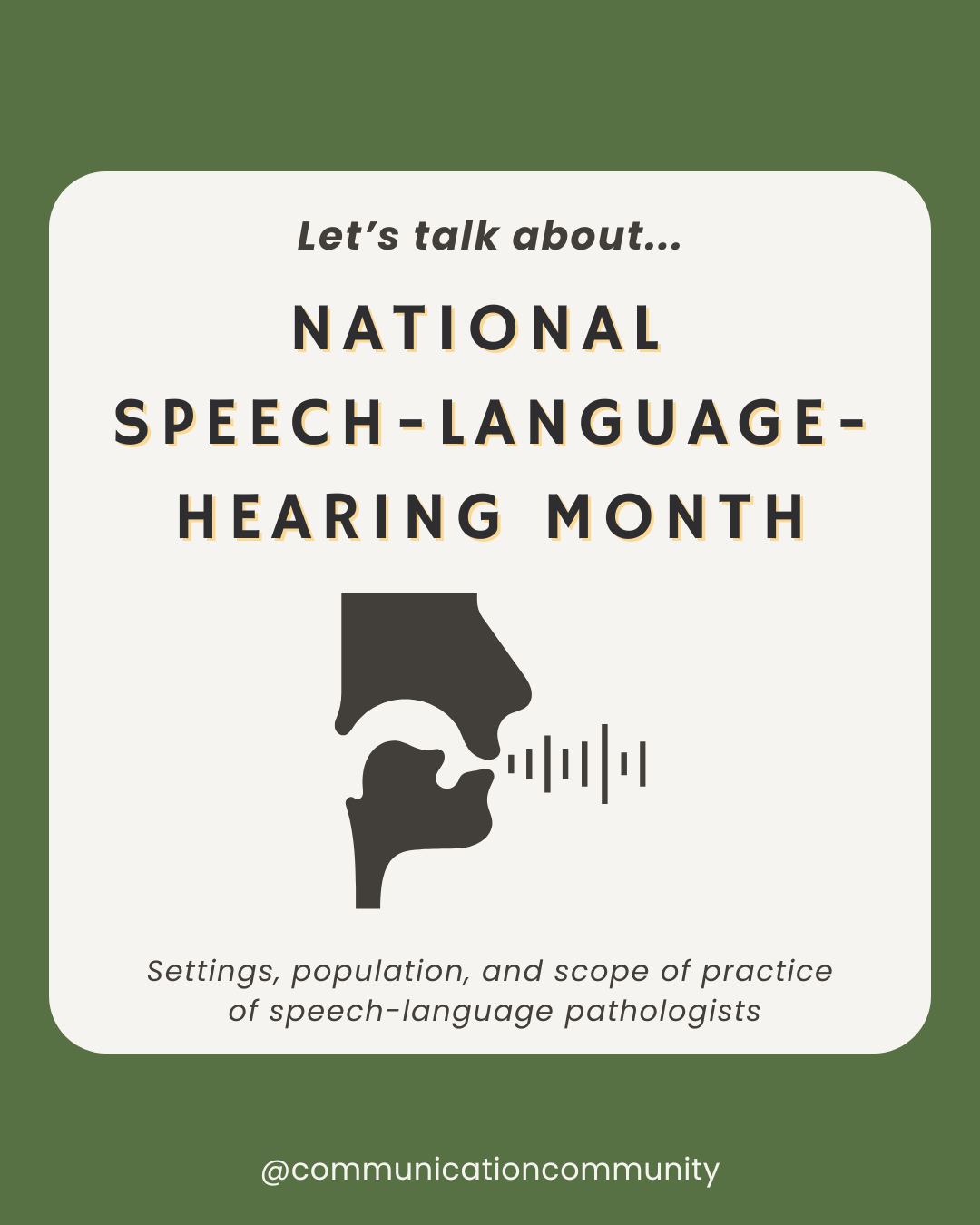Why are Play Skills Important for Speech and Language?
Play allows children to learn to navigate and react to their environment. Play skills are also foundational for the development of higher-level speech and language functions, such as conversational turn-taking and problem-solving. According to the American Association of Pediatrics (2007) play is essential to development because it contributes to the cognitive, physical, social, and emotional well-being of children and youth.
Play is essential to development because it contributes to the cognitive, physical, social, and emotional well-being of children and youth (American Association of Pediatrics, 2007)
Different forms of play contribute to the development of different language functions, and they are usually developed in a hierarchical fashion. These include: Exploratory, Relational, Functional, and Symbolic.*
*Note: there are many different variations of play skills presented in the literature. For the purpose of this article, we are summarizing the following milestones to discuss the relationship of play skills and speech and language development.
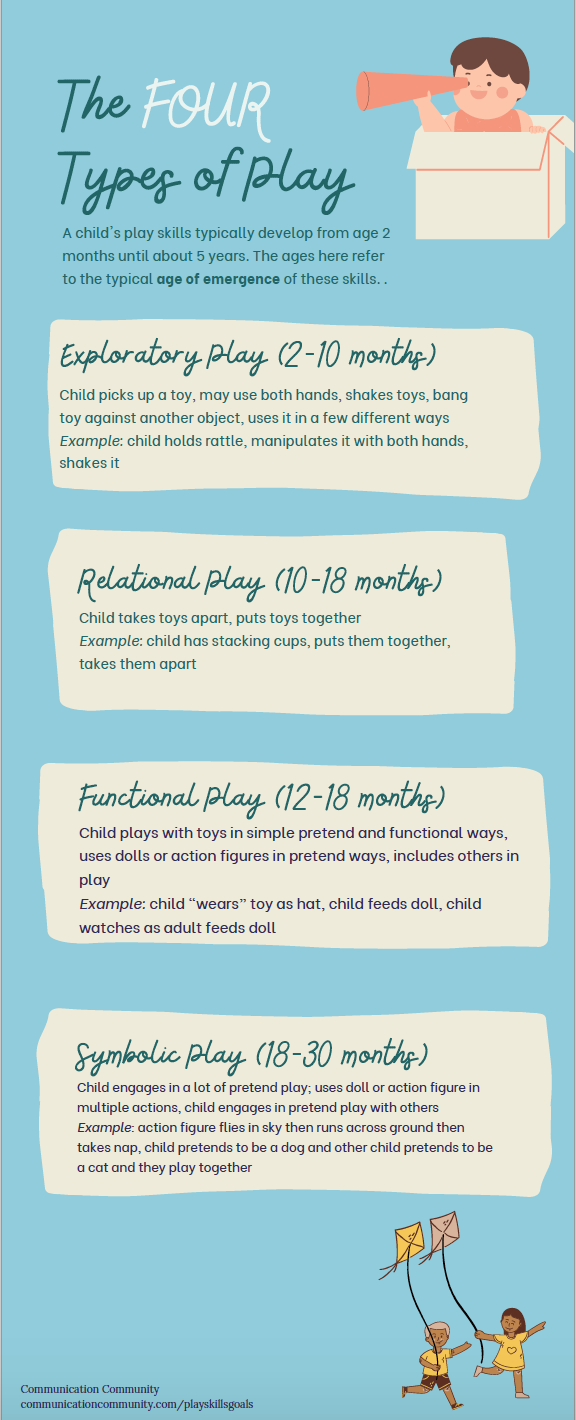
Different Forms of Play
Exploratory
Exploratory play is considered the first level a child uses their play skills. Generally speaking, play skills at this stage are used by children to “explore” toys and objects using their senses - touch, taste, etc. You may hear about babies when “they first find their hands!” This is a form of explorative play. They are developing an understanding that the objects (or body parts) around them serve a function. This type of play also contributes to early understanding of cause and effect. For example, if a button is pressed, the toy will produce a noise.
Relational & Functional
Relational play and functional play often overlap. Relational play is when a child uses two or more items to interact together, like using a bowl and a spoon to pretend to eat or taking two cups and stacking them on top of one another. Functional play too involves these skills; however, also incorporates more awareness of a child’s surroundings, allowing them to watch and imitate others. For example, when a parent picks up a brush to brush their hair, the child may also pick up a brush and attempt to brush their hair as well.
Symbolic
Symbolic play tends to be one of the biggest stepping stones into advanced interactions with others. This form of play is also referred to as pretend play or using symbols in play. This may include using a junior kitchen set to prepare a pretend meal or using a banana and putting it up to one’s ear (i.e., object substitution), symbolizing use as a phone. According to Duca (2013) pretend play facilitates growth as it relates to the following developmental language areas:
- Imaginative thinking and exploration
- Abstract thinking
- Problem Solving
- Life skills
- Leadership skills
- Communication development
- Social Skills development
- Use of "Theory of Mind" (understanding/taking another's perspective)
- Understanding of safety
- Self-confidence and a high self-esteem
Additionally, pretend play is often used as a measure to predict a child’s language skills as they grow older. Stagnitti and Lewis (2014) performed a study that concluded that pretend play was observed to be a predictor of narrative re-telling abilities and semantic organization in the early years of school.
Play Skills for Therapy and at Home
As you can see, play skills and play-based models are so frequently incorporated in speech-language therapy because of their direct connection to the development of various areas of language and social development. Not to mention - playing is FUN! The more fun and active opportunities you can provide a child with, the more you will allow them to increase their engagement and take away the idea that they are participating in “therapy.” The same goes when engaging in play activities with a child at home. You may not even realize it, but as a parent/caregiver, you are providing an endless amount of relational and symbolic play models by participating in your day-to-day routines. Some additional ways you can facilitate language through play (in speech therapy or at home) include:

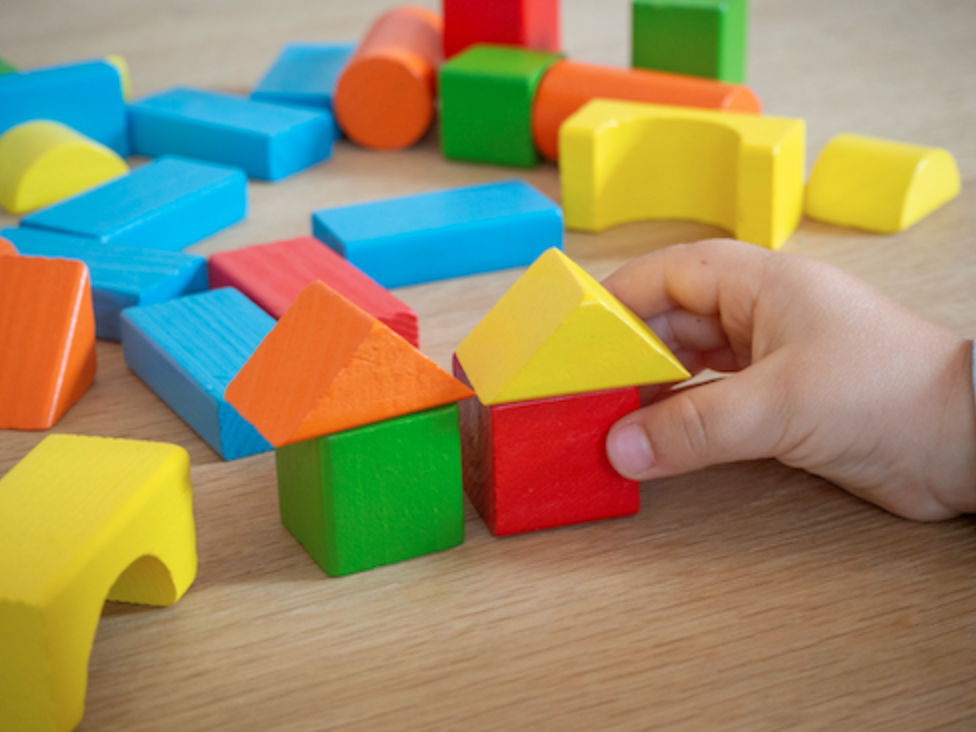
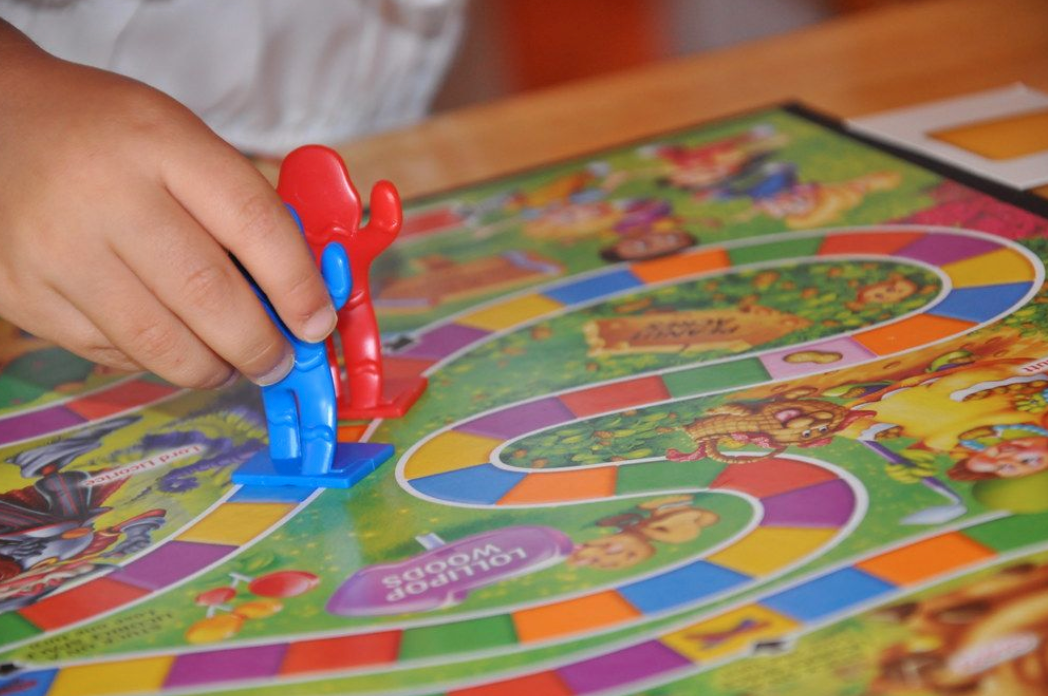
Reading books together
Check out our article outlining our favorite books for speech and language (with links!)
Engaging with toys together
Check out our article outlining our favorite toys for speech and language (with links!)
Increasing turn-taking opportunities [in conversation and within structured routines]
Check out our article outlining our favorite games for speech and language (with links!)
Modeling and expanding language using expansions and extensions
Following the child’s lead during play
If you are a therapist or parent and your child is seeing a speech-language pathologist (SLP) for speech and language services, check out our article that covers play skills goals!
Citations/further resources
https://leader.pubs.asha.org/do/10.1044/welcome-to-kid-confidential/full/
Karen Stagnitti & Fiona M. Lewis (2015) Quality of pre-school children’s pretend play and subsequent development of semantic organization and narrative re-telling skills, International Journal of Speech-Language Pathology, 17:2, 148-158, DOI: 10.3109/17549507.2014.941934
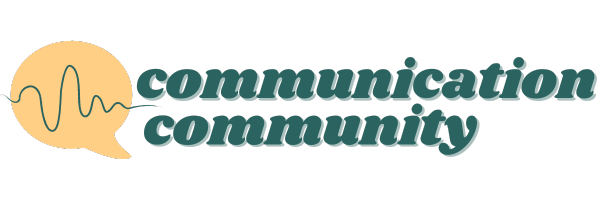
![What are Play Skills? [Implications for Speech and Language Development]](https://www.communicationcommunity.com/content/images/2021/05/What-are-play-skills--1-.png)
